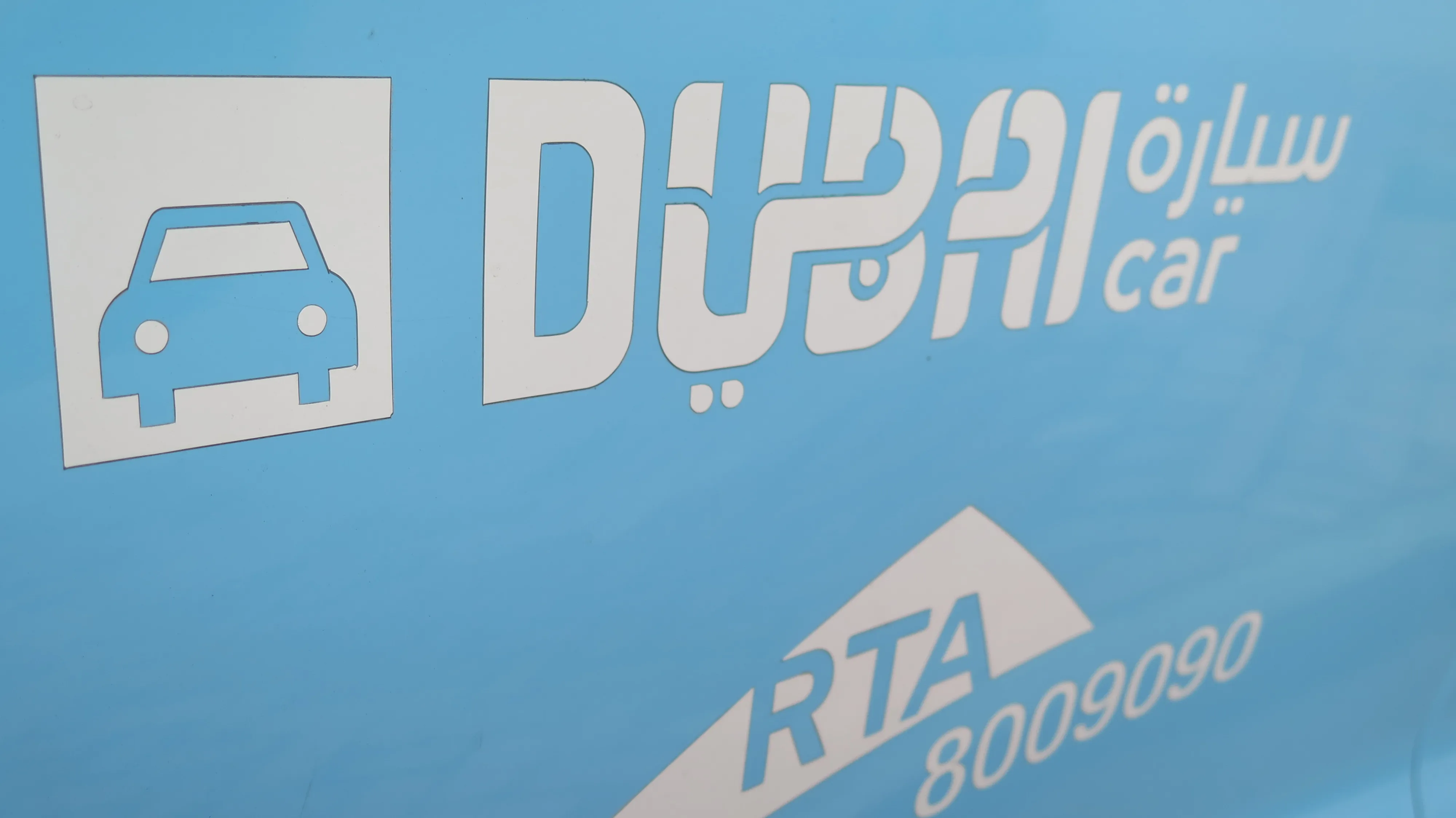These pods are designed with the intention of travelling short and medium distances in dedicated lanes and can be coupled in 15 to 20 seconds or detached, depending on the rider's destination, in five seconds. Cameras and electromechanical technologies carry out the coupling and detaching processes, which can be activated in-motion.
Each pod can carry up to ten passengers and has an average speed of 20 k/h. It comes with a three-hour battery capacity; which is chargeable in six hours.
HE Mattar Al Tayer, director-general and chairman of the board of executive directors of the RTA, said: "The RTA has signed an agreement with the American Next Future Inc. to develop autonomous units named NX1 as part of the initial phase of Dubai Future Accelerators. The prototypes of these units are manufactured in Italy and shipped to Dubai to put them on trials. These pods run on a virtual pre-configured and programmed lane and are overseen by the operational system.
“The success of initial tests of these units will bring about a breakthrough in transportation systems that offer innovative mobility solutions and ease snarls in the city. The RTA is keen on ensuring the principle of safety in all services delivered to clients. The autonomous pods have three protection systems in order to ensure full control and avoid crashing into any body. The main system comprises 3D cameras, and the second one is a standby system based on ordinary cameras, and the last is operated manually by the operator.”
RTA Dubai and Next Future Transport launch autonomous pods
The Roads Transport Authority (RTA) of Dubai, in collaboration with Next Future Transport, is testing autonomous mobility pods on the sidelines of the World Government Summit as part of its effort under the future accelerators initiatives. The trial also supports the city's Self-Driving Strategy to make 25% of public transport autonomous by 2030.
These pods are designed with the intention of travelling short and medium distances in dedicated lanes and can be coupled in 15 to 20 seconds or detached, depen
February 15, 2018
Read time: 2 mins
The Roads Transport Authority (RTA) of Dubai, in collaboration with Next Future Transport, is testing autonomous mobility pods on the sidelines of the World Government Summit as part of its effort under the %$Linker: 2 External <?xml version="1.0" encoding="utf-16"?><dictionary /> 0 0 0 link-external future accelerators initiatives false http://www.dubaifuture.gov.ae/our-initiatives/dubai-future-accelerators/ false false %>. The trial also supports the city's Self-Driving Strategy to make 25% of public transport autonomous by 2030.







